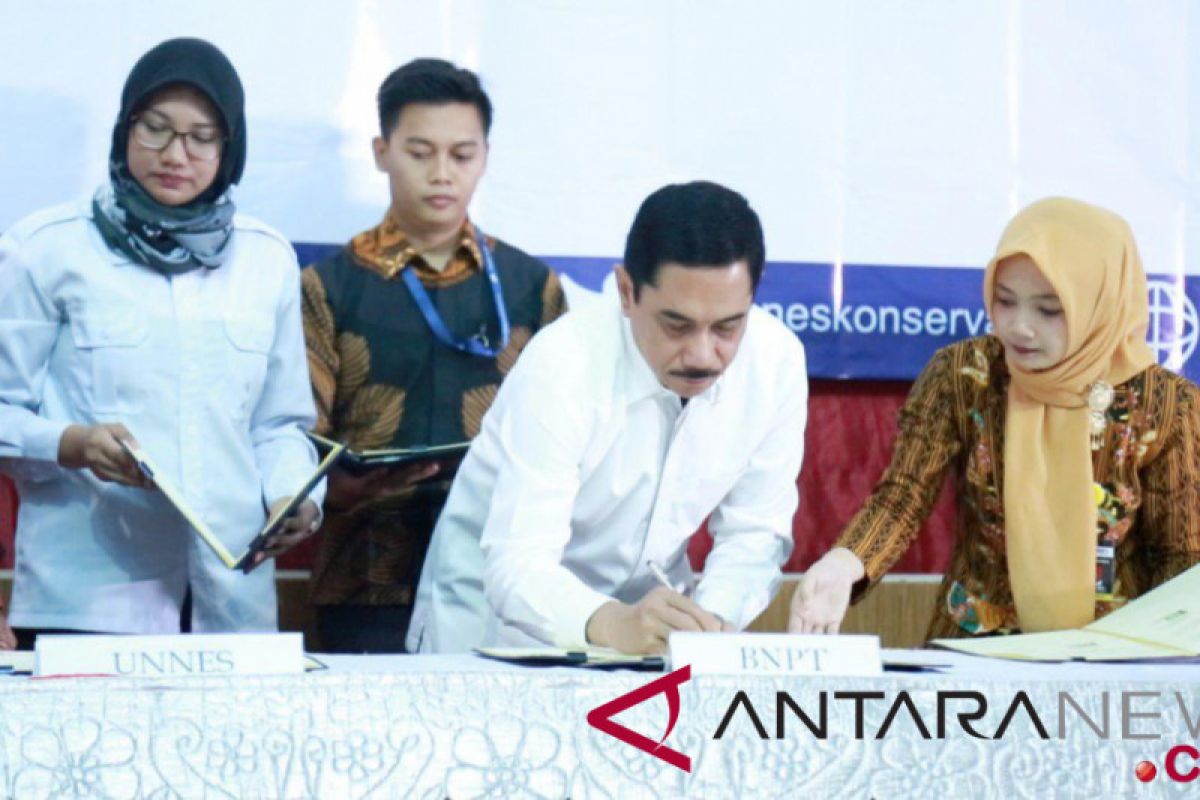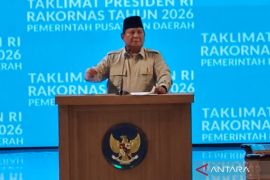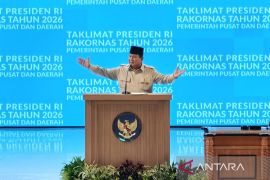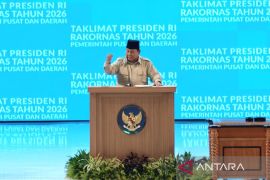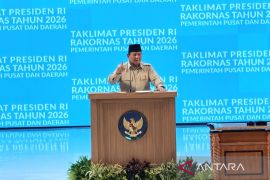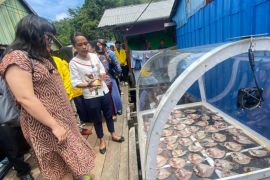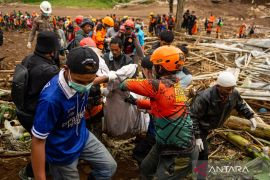As one of the countries with a huge number of internet users, Indonesia cannot avoid and ignore the impact of this digital technology, which has enabled people with bad intentions to spread the seeds of religious radicalism to anybody.
Considering the danger of this religious radicalism, this issue was raised by Vice President Jusuf Kalla at an event of the Association of Indonesian University Mosques in Jakarta on Saturday.
Kalla, who is also head of the Indonesian Mosque Council, reminded those attending the event of the importance of preventing the proliferation of religious radicalism as it is not in line with Indonesia`s moderate Islam.
Based on statistical data, Indonesia has at least 4,586 higher educational institutions. All universities and colleges generally have at least one mosque to help its academic community members offer their obligatory prayers.
Kalla wants to ensure that all mosques in campuses are free from being misused. He, therefore, urged academic community members of universities across Indonesia to take part in preventing the spread of religious radicalism at mosques in their campuses.
He affirmed that students or lecturers could become fanatic or enthusiastic regarding their religious beliefs.
However, their fanaticism should not veer to religious radicalism, which is then proliferated among members of academic communities at mosques within their respective universities, he noted.
"Islam in Indonesia is expected to remain moderate. Do not let mosques in our university campuses be infiltrated by those spreading religious radicalism," Kalla remarked, adding that being a fanatic is not similar to being a radicalist.
According to Kalla, a fanatic is a person keen on implementing the sharia. Instead, a radicalist is the one who has crossed the "Wasathiyah," or line of moderation. "Sometimes, it will be more destructive if we are radicalists," he noted.
Hence, he called on those in charge of managing the mosques in universities to remain on alert and remind their colleagues of the dangers of the seeds of religious radicalism.
"It is okay if you want to be bearded or wear trousers below the ankles. It does not matter as long as they do not adopt religious radicalism for misaligned interests. This must also be taken care of, so as to not cause problems," Kalla stated.
Despite the fact that Islam is a religion of peace and is "rahmatan lil alamin" or blessing for the universe, it is frequently hijacked by individuals or groups committing acts of terrorism by linking what they do or their names to Islam.
In response to this problem, Indonesian Defense Minister Ryamizard Ryacudu has warned those linking Islam to the acts of terrorism, reiterating that the religion, currently embraced by over two billion people worldwide, has nothing to do with this crime.
Instead, the deeds of perpetrators have indeed tarnished the image of Islam. Hence, they are, in fact, the real enemy of Islam, he remarked.
Speaking about the threats of religious radicalism on university students, a senior researcher of the Indonesian Institute of Sciences (LIPI) Anas Saidi argued that students from secular university campuses were vulnerable to radical beliefs.
Due to the nature of their way of thinking in understanding religion, the students who studied hard sciences and engineering were "at greater risk of indoctrination" than those studying social and political sciences, humanities and philosophy (The Jakarta Post, 2016).
Considering this real threat to the academic communities in Indonesia, the National Counter-terrorism Agency (BNPT) has been promoting a dialog to help prevent them from being radicalized.
On Feb 29, 2016, the agency initiated a dialog titled "Preventing Radicalism Among Academic Communities in Central Java" by collaborating with the Research, Technology, and Higher Education Ministry and the Diponegoro University.
Former chief of the agency, Saud Usman Nasution, explained that the academicians were part of the main fortress for protecting the younger generation, including the people from the university, from being radicalized.
Nasution called on the academicians to continue to strengthen their self-defense and early warning systems to safeguard them from being affected by actively caring for their communities.
EDITED BY INE
Reporter: Rahmad Nasution
Editor: Otniel Tamindael
Copyright © ANTARA 2018
